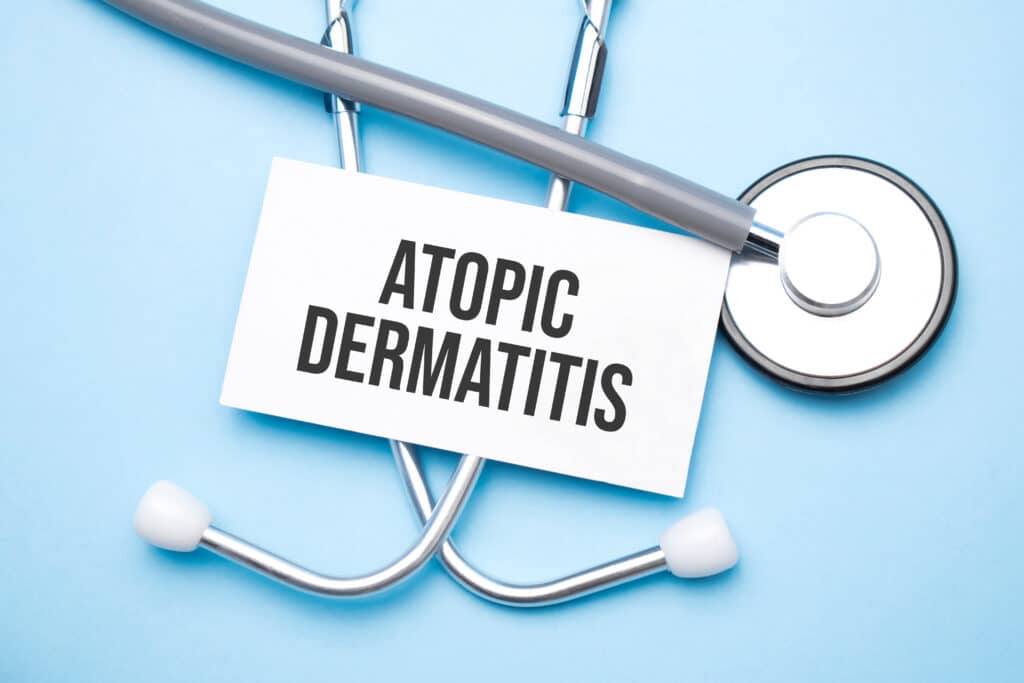According to a recent study published in the Journal of Immunity, Inflammation, and Disease, combining topical corticosteroids with dupilumab can significantly help alleviate symptoms associated with atopic dermatitis (AD) in children.

Researchers conducted a comprehensive literature search using three prominent electronic databases, PubMed, Web of Science, and Embase, with a focus on studies published between 2020 and 2022. Their search criteria included the terms ‘dermatitis’, ‘AD’, ‘children’, and ‘dupilumab’. In order to be considered for inclusion, the publications had to meet these five criteria:
- The studies included children under 12 years of age with moderate-to-severe AD who had an insufficient response to local treatment (or were unsuitable for local treatment)
- Dupilumab was used as an intervention therapy
- Placebo or another therapy could be used as the control
- The study reported at least one of the following: an improvement in the Children’s Dermatology Life Quality Index (CDLQI), an improvement in the Eczema Area and Severity Index (EASI)-90, an improvement in the EAST-75, and an improvement in the Investigator’s Global Assessment (IGA)
- Randomized Controlled Trials (RCTs) were conducted
A total of three studies were eventually included with 896 participants who met the inclusion criteria. According to the data gathered, dupilumab together with topical corticosteroids had numerically greater efficacy in terms of EASI‐50, EASI‐75, EASI‐90, as well as an IGA score of 0 or 1. Furthermore, children who received topical corticosteroids together with dupilumab achieved significantly higher CDLQI scores compared to those who received placebo.
The authors note the promising nature of their findings as it concerns future treatment strategies for AD. However, they also point out some of the limitations of the study. They state that firstly, to further investigate this issue, a larger-scale RCT is warranted. Additionally, most of the trials included in this study were conducted over a 16-week period therefore rendering them unable to demonstrate long‐term efficacy. They also note the potential language bias as the RCTs considered here were all in English.
They conclude by stating “The combination of topical corticosteroids and dupilumab has demonstrated significant efficacy in alleviating clinical symptoms in children with AD. The aforementioned findings need to be validated by high‐quality, large‐sample, long‐term clinical trials owing to sample size, and follow‐up time limits.”















